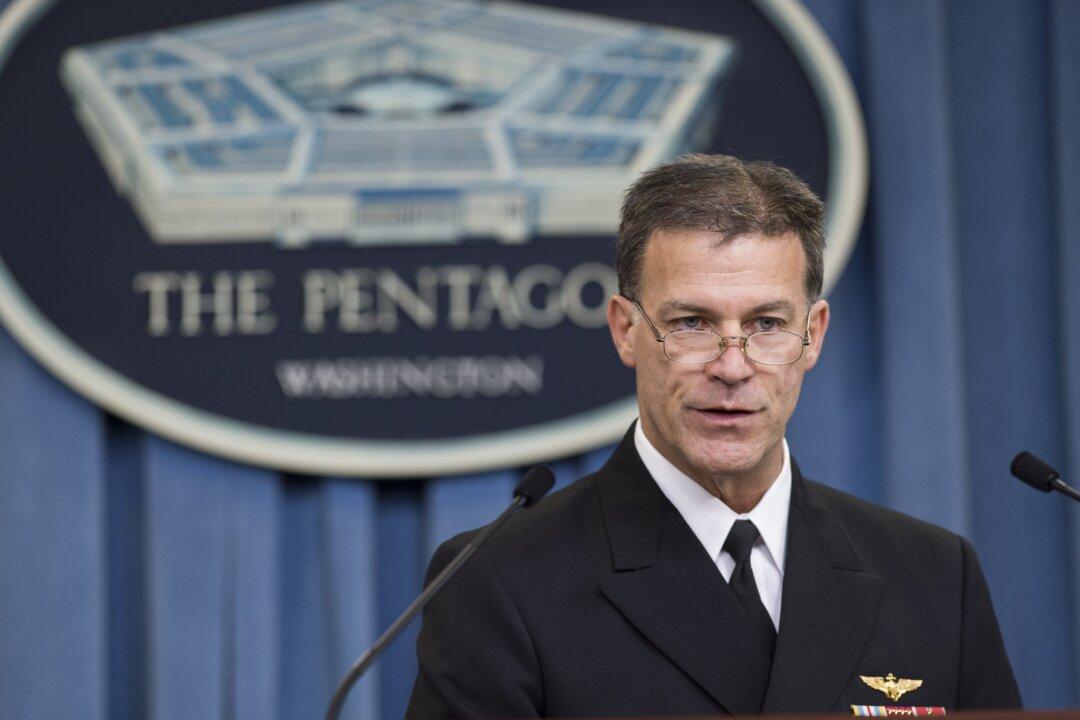Taiwan is facing a more imminent threat from a possible Chinese invasion than most people realize, U.S. Adm. John Aquilino said during a hearing over his nomination to become commander of the U.S. Indo-Pacific Command (INDOPACOM) on March 23.
Aquilino, who if confirmed would succeed Adm. Philip Davidson as commander of U.S. forces in the Pacific, was asked during the Senate Armed Services Committee hearing about Davidson’s recent comment that Beijing could invade Taiwan in the “next six years.”




